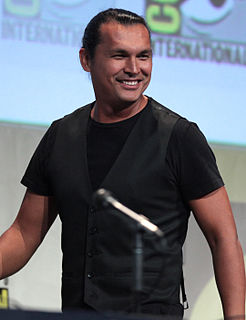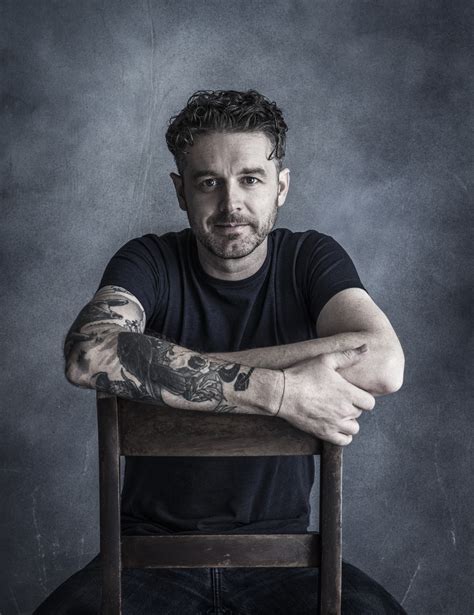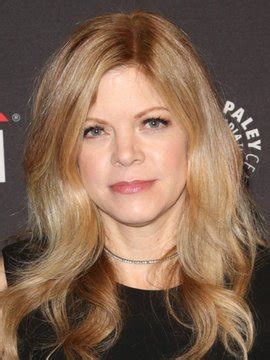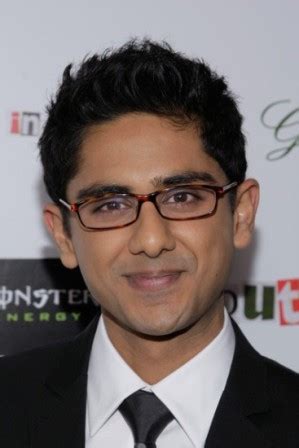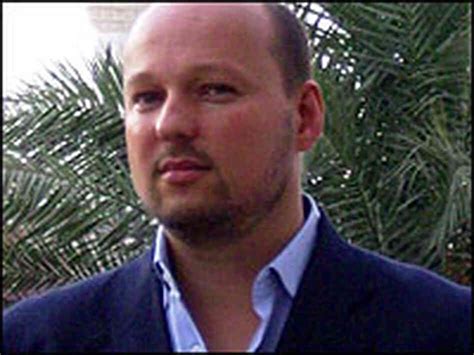A Quote by Adam Beach
I have a cousin who is a spiritual advisor for Native veterans in Canada, so I'm very familiar with the history of Natives in the military. And growing up as an American Indian myself, the story of Ira Hayes is one that is often told.
Related Quotes
You see the one thing I've always maintained is that I'm an American Indian. I'm not a Native American. I'm not politically correct. Everyone who's born in the Western Hemisphere is a Native American. We are all Native Americans. And if you notice, I put American before my ethnicity. I'm not a hyphenated African-American or Irish-American or Jewish-American or Mexican-American.
Acting has made me embrace my childhood. It's become some weird form of therapy. It's like I have a place where I can release all of these emotions. When I was playing Ira Hayes, I didn't have to think about the death of my parents directly. It's just there. I can blend it into Ira's character. I can use Ira's emotions as an outlet.
In this instance of the fire-arms, the Asiatic has been most improperly bracketed with the native. The British Indian does not need any such restrictions as are imposed by the Bill on the natives regarding the carrying of fire-arms. The prominent race can remain so by preventing the native from arming himself. Is there a slightest vestige of justification for so preventing the British Indian?
Growing up in this post-apartheid era, the first generation of teens in South Africa living in this new democracy, I often found myself feeling different. I was often the only person of color in an otherwise all-white school. And within the Indian community, because of my training with an English acting teacher, my accent was very different.
The greatest moments of Native History lie ahead of us if a great spiritual renewal and wakening should take place. The Native American has been a sleeping giant. He is awakening. The original Americans could become the evangelists who will help win America for Christ! Remember these forgotten people!
They don't really focus on that history here in America. I remember growing up as a kid, history class was very washed-over. They didn't really get into the gritty bits of slavery. It's a very, very small section in the history books. It's not something they really touch on directly with American curriculums.
